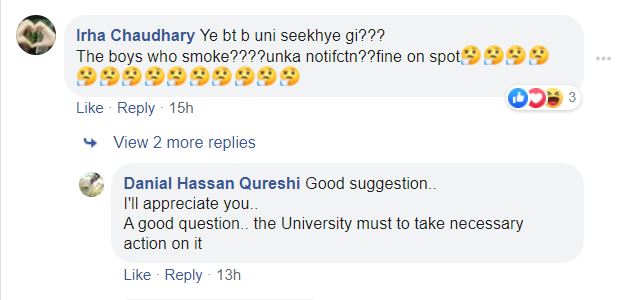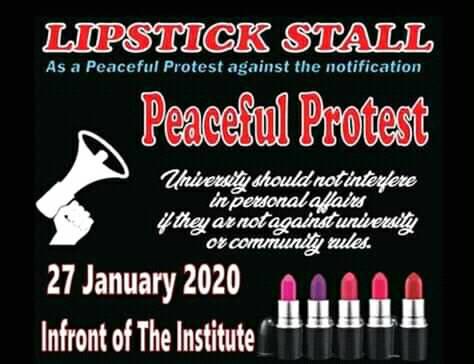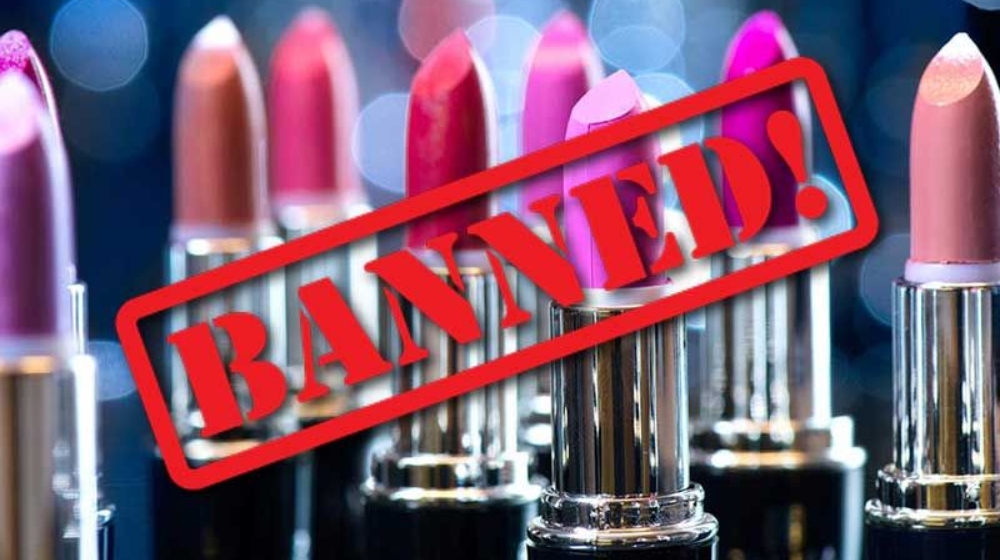If you thought policing women’s bodies wasn’t bad enough, the University of Azad and Jammu Kashmir have gone one step further. The university authorities recently imposed a lipstick ban on-campus. The notification does not specify other cosmetics or other lip-tints besides lipstick.
According to the notification shared by a University of Azad and Jammu Kashmir page, female students seen wearing lipstick will be fined 100 rupees on the spot.
The fact that the notification specifically listed lipstick leaves the question of where other products such as lip-tints, lip-gloss, tinted lip-balms will be subjected to fines as well.
Meanwhile, the specific mention of female students has led to a debate about why male students smoking on-campus are not subjected to fines as well.

Word is that this ban only extends to the University of Azad and Jammu Kashmir, Education Department. Does this leave the question of whether the ban only applies in that portion of university premises?
Additionally, students joked about staging protests against the lipstick ban on Monday. It was suggested that a lipstick stall be set up as a peaceful protest to have the university administration mind their own business.

Is the Lipstick ban justified?
‘Cosmetic bans’ are common in school as normally schools have uniforms all students must adhere to. At a university level though that is not applicable, and a ‘lipstick ban’ is previously unheard of.
Universities do have a dress-code like workplaces to ensure professionally acceptable attire. That dress code only extends to how you dress.
How you style your hair and the make-up you use are personal choices. This is why regulating such choices can potentially turn into an issue of discrimination. If any prohibition or rule treats certain people differently based on a protected trait such as sex, gender, disability, religion, etc or if it has a disproportionate effect on members of a protected class, then it is discriminatory.
What are your thoughts about the ban? Let us know in the comments below.









Sorry, but Noone has right to snatched women rights